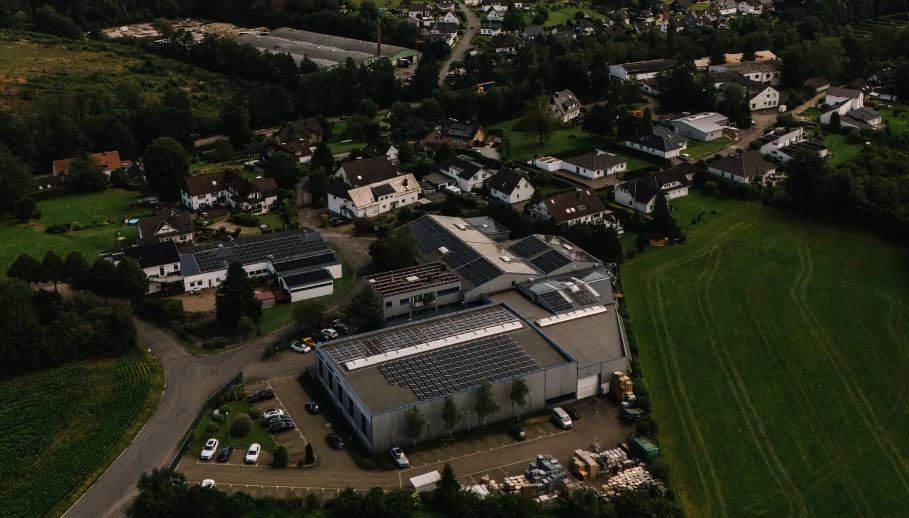At a Berlin trade fair for sustainability, Waltraud Berg discovered a new gadget: a small solar panel that can be easily installed on a balcony and plugged into a wall socket to feed solar energy directly into a home. Berg, a retiree, was excited to find a way to generate her own power and installed several panels on her south-facing balcony. These lightweight panels produce enough electricity to charge a laptop or run a small refrigerator, bringing renewable energy to people without requiring large investments or professional installations.
Over 500,000 of these systems have been set up across Germany, thanks to new laws that have made it easier to install solar panels. In the first half of the year, Germany added nine gigawatts of photovoltaic capacity, according to the Federal Network Agency. Klaus Müller, the agency’s president, noted that most of the new installations were on buildings, including balcony systems.
Germany and the European Union are pushing to increase solar power capacity as part of their efforts to reduce dependence on Russian natural gas. The EU aims to quadruple photovoltaic capacity to 600 gigawatts by 2030, with Germany targeting one-third of that amount. This year, Germany is expected to add more solar capacity than any other European country.
While some solar panels sold in Germany are made by European companies, most are produced in China. China’s dominance in the global solar industry has driven down costs, making solar panels more affordable. The plug-in systems work by converting the direct current generated by the panels into alternating current, which can be fed into a home through a standard wall socket.
Janik Nolden, co-founder of Solago, a German startup that sells rooftop and plug-in solar panels, noted that many customers prefer to install the panels themselves. Although most panels are imported from China, Nolden said he would stock European-made panels if there was demand. To help customers, Nolden posts videos online explaining how to install and optimize the panels.
Solago, which started in a small storefront in Düsseldorf, has grown significantly. The company now operates from a large warehouse and employs 50 people, shipping solar panels across Germany and into neighboring Austria. Plug-in solar panels are also popular in other European countries, including the Netherlands, France, Italy, and Spain.
In Germany, individual plug-in panels sell for around €200, with complete sets costing about twice that amount. Despite a recent decline, electricity prices in Germany remain high, making solar panels an attractive option. New laws have further increased the appeal by preventing landlords and co-op boards from blocking solar installations and simplifying registration requirements.
The demographic of solar panel buyers is diversifying, according to Christian Ofenheusle of EmpowerSource, an enterprise promoting small-scale solar use. More older people, women, and young families concerned about climate change are installing solar panels. For many, the appeal goes beyond financial savings to include a desire to reduce their carbon footprint.
Some users are now adding small-scale batteries to store electricity generated during peak hours for use later. Apps that monitor electricity production have also become popular, with some users finding the data addictive.
Thomas Losch was initially skeptical when a neighbor installed plug-in solar panels, but he soon followed suit. Now, he checks his app every morning to see how much electricity his panels are generating. The experience has made him consider installing a full rooftop system to power more devices, including an electric vehicle.
Losch’s system already provides enough energy to run portable air-conditioners in his home. Beyond the financial savings, he feels a sense of satisfaction in reducing his carbon footprint. Many of Nolden’s customers who start with smaller systems eventually upgrade to full rooftop installations, finding the experience rewarding both financially and environmentally.

